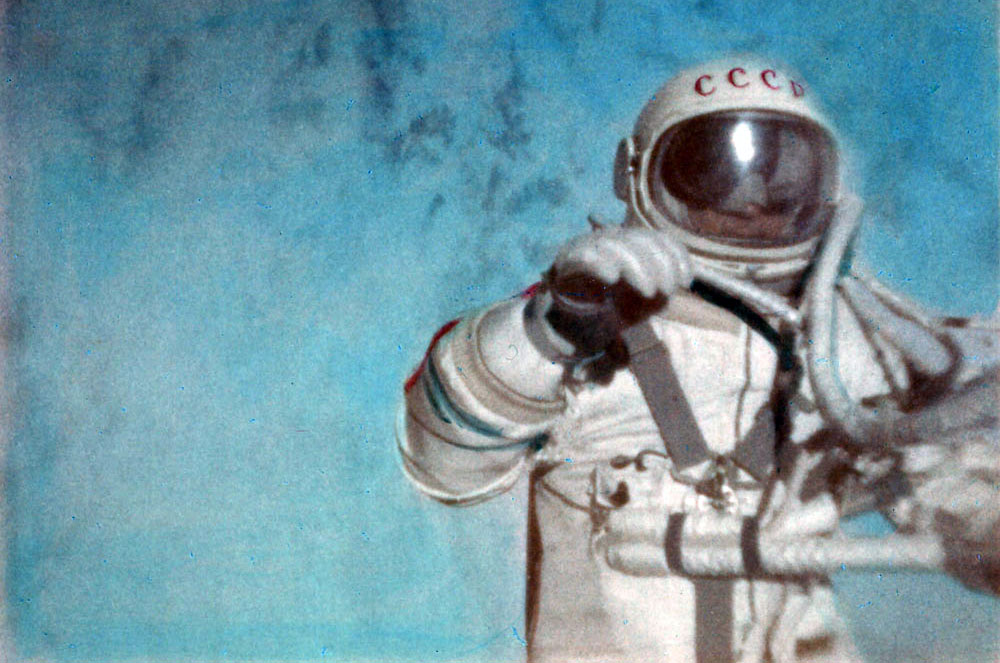Yup all fair, plus water itself is a great radiation shield. Supposedly next gen telescopes (ground based as well as Webb) will be able to detect life signals from atmospheres.
But the problem remains that half the variables are basically untestable, you need extensive data on other civilisations in the galaxy which is what you're trying to find out in the first place. It's interesting as a thought experiment, plugging your own guesses in and seeing what comes out, but you can't really use it beyond that.
Agreed. In principle an Equation should give you a specific answer.
But as you quite rightly say, it would be the discovery of other civilizations that is the key thing.
It is nonetheless a well defined set of variables within the equation. Someone has to start somewhere.
Have you by any chance read Brian Cox book the Human Universe. Reason I ask is that he covers the number of key stages or more specifically bottlenecks that life had to go through to go from single cell organisms through to humans. Very interesting to understand.


